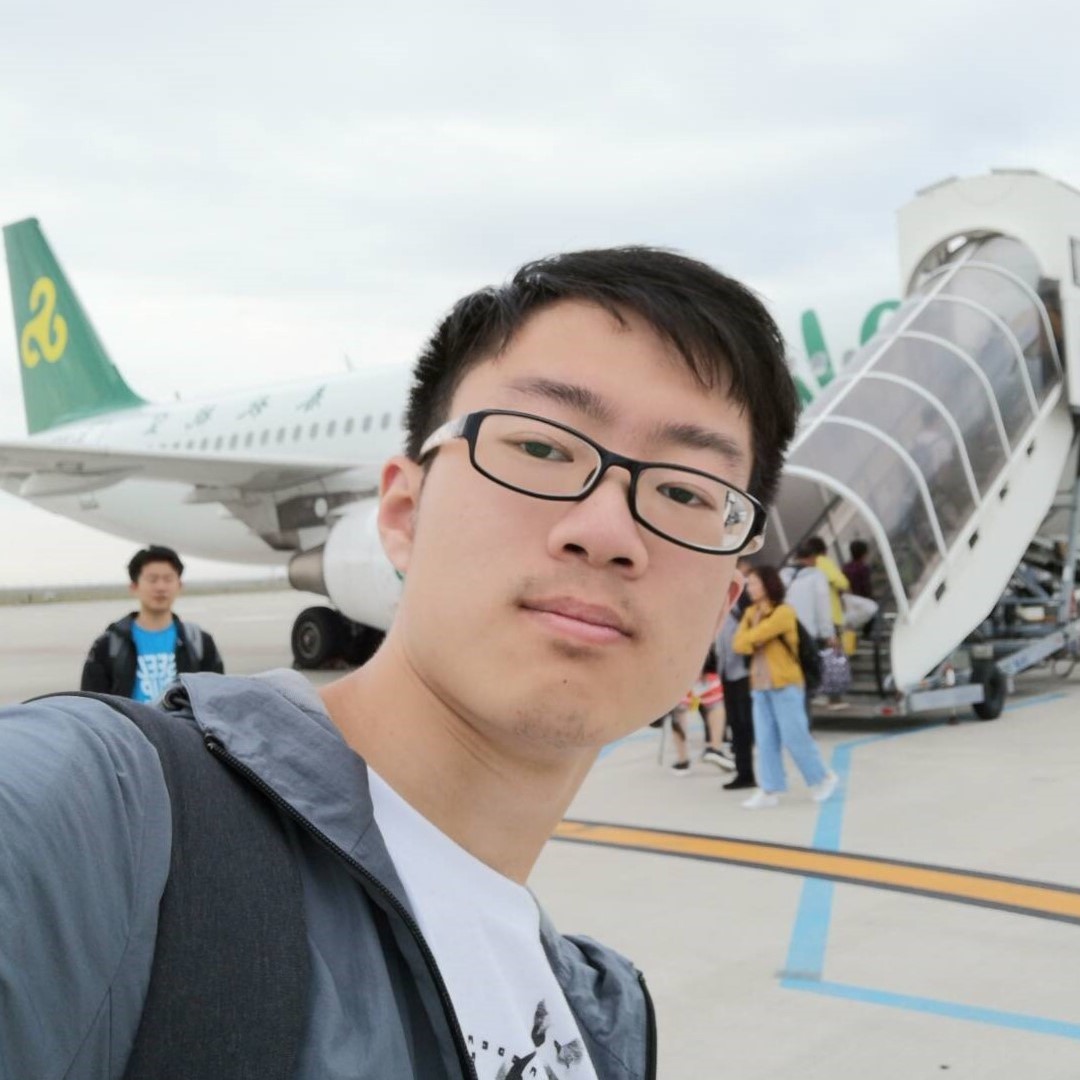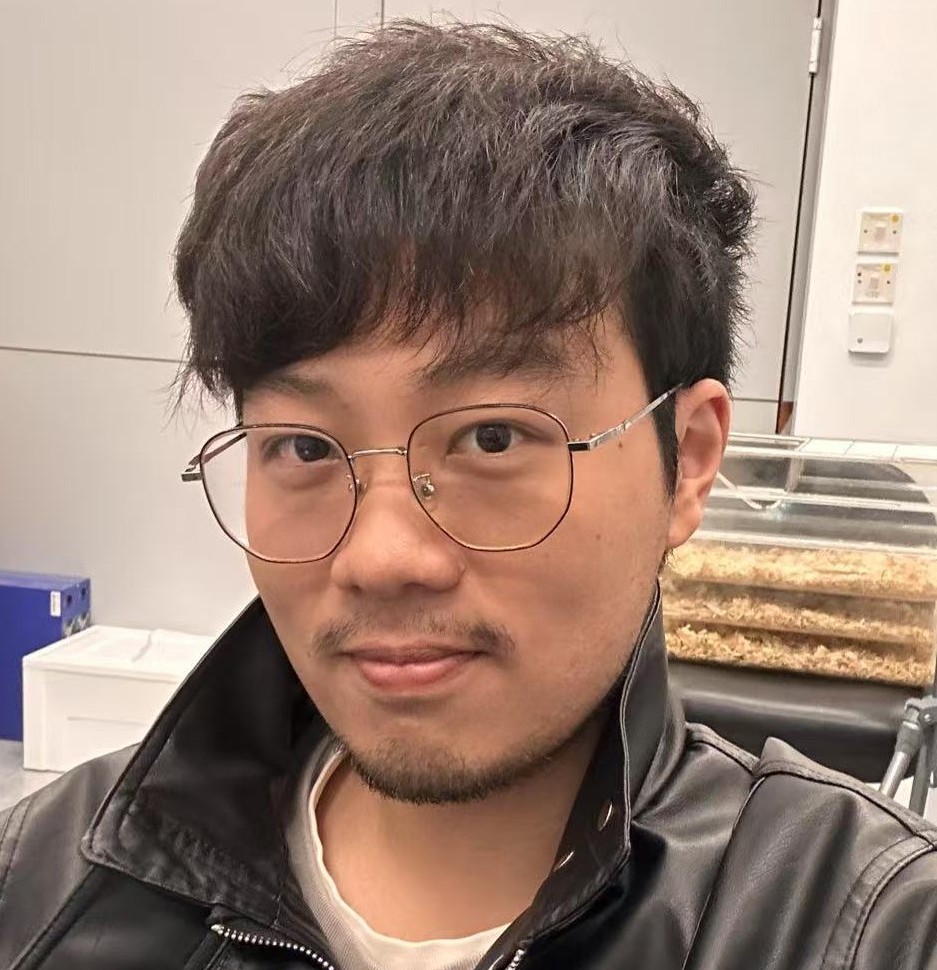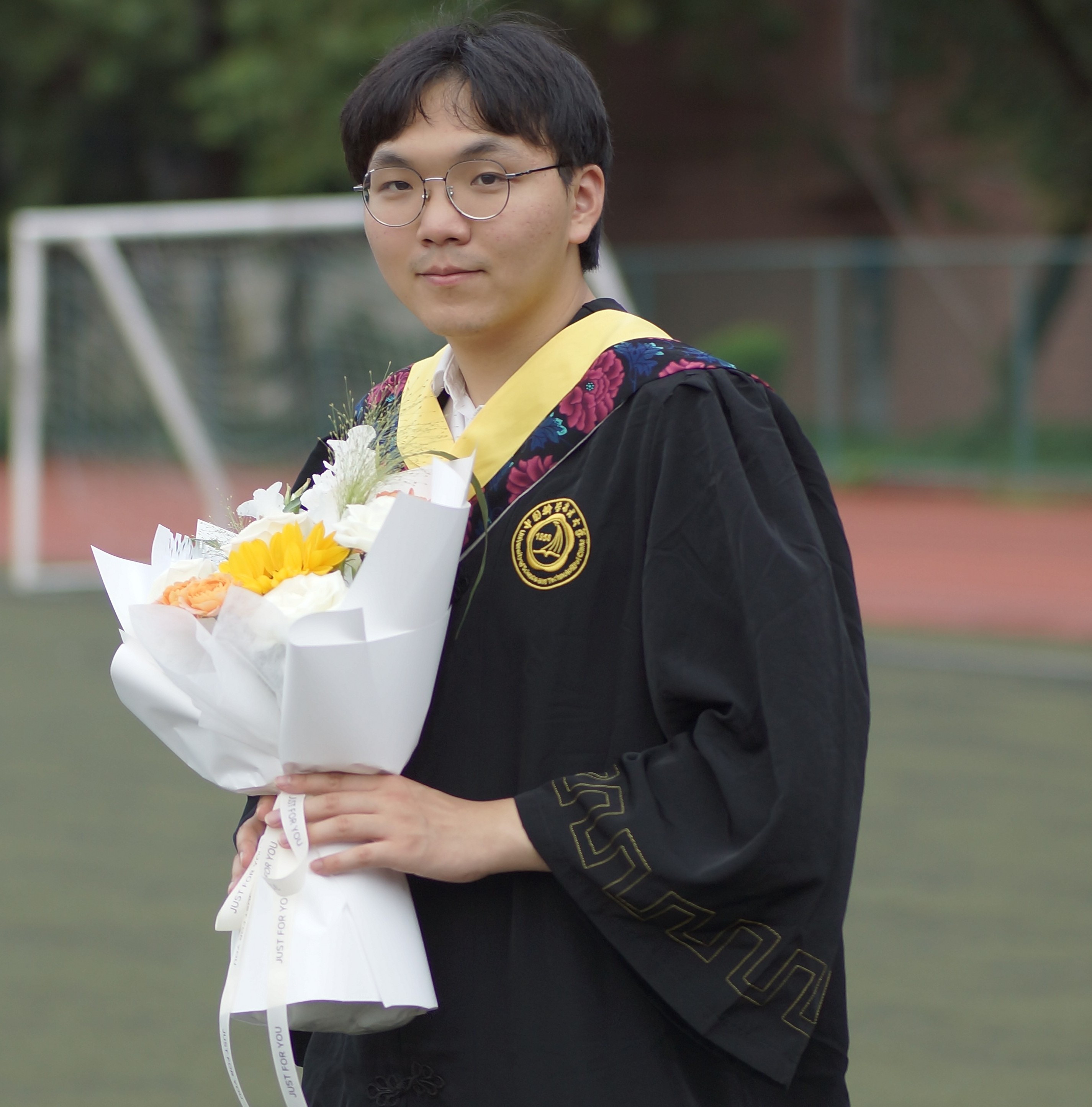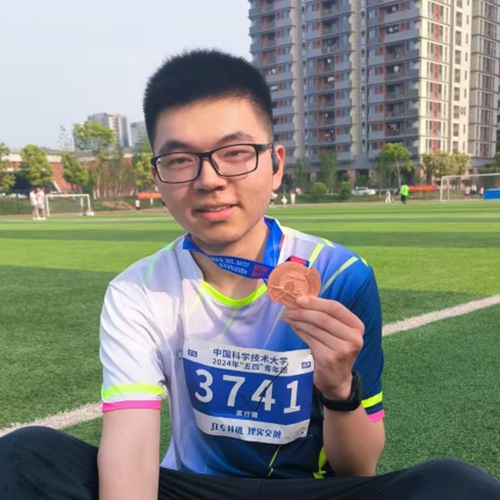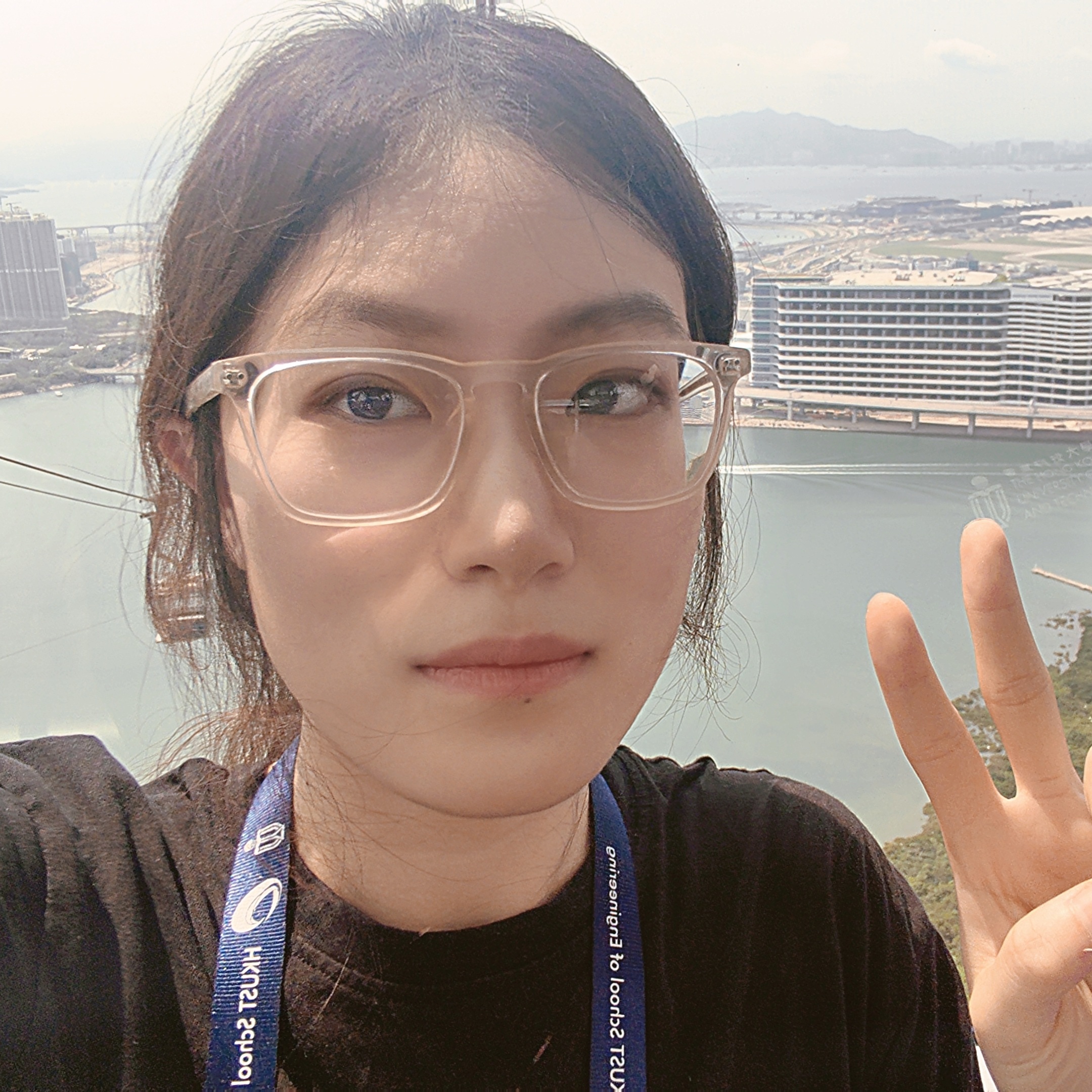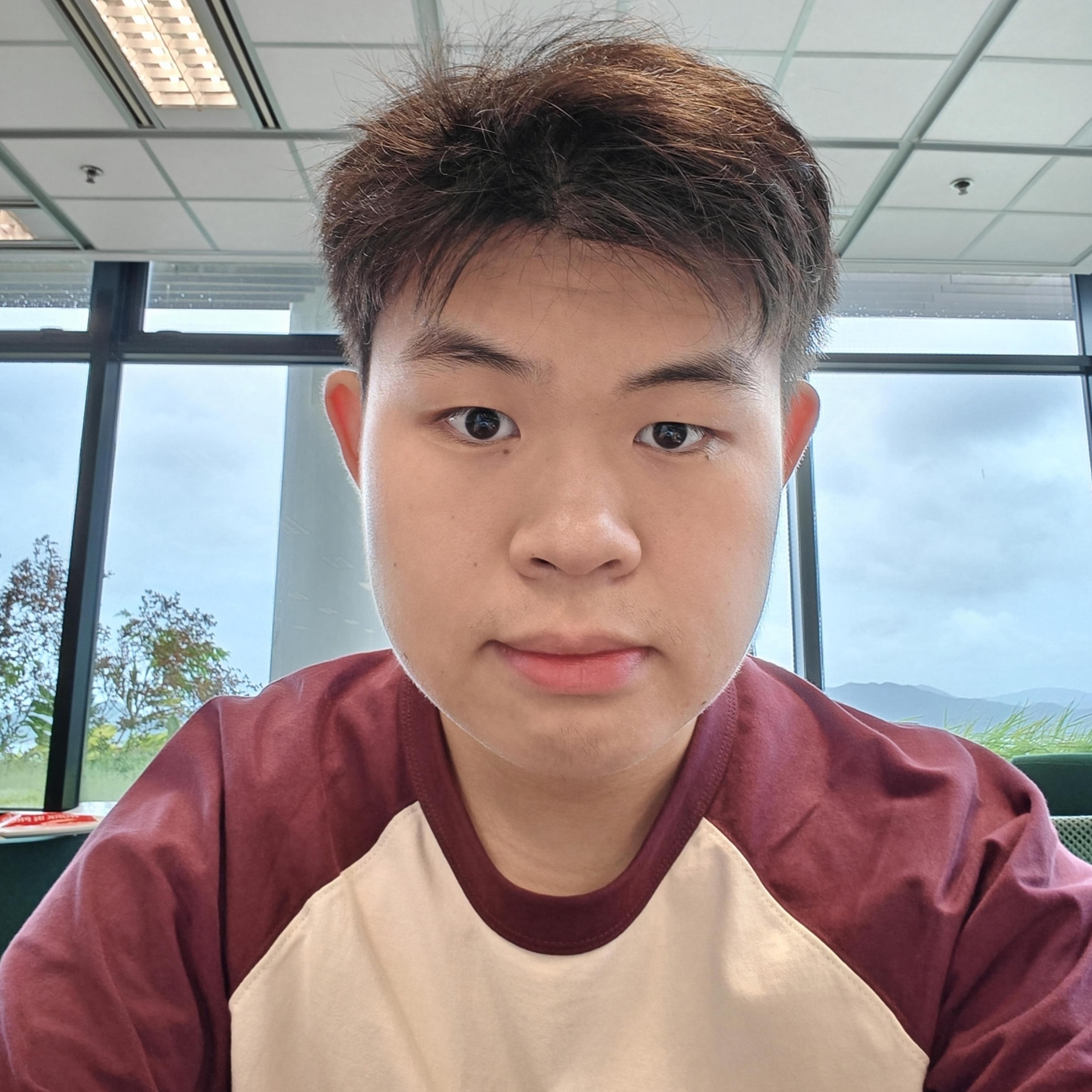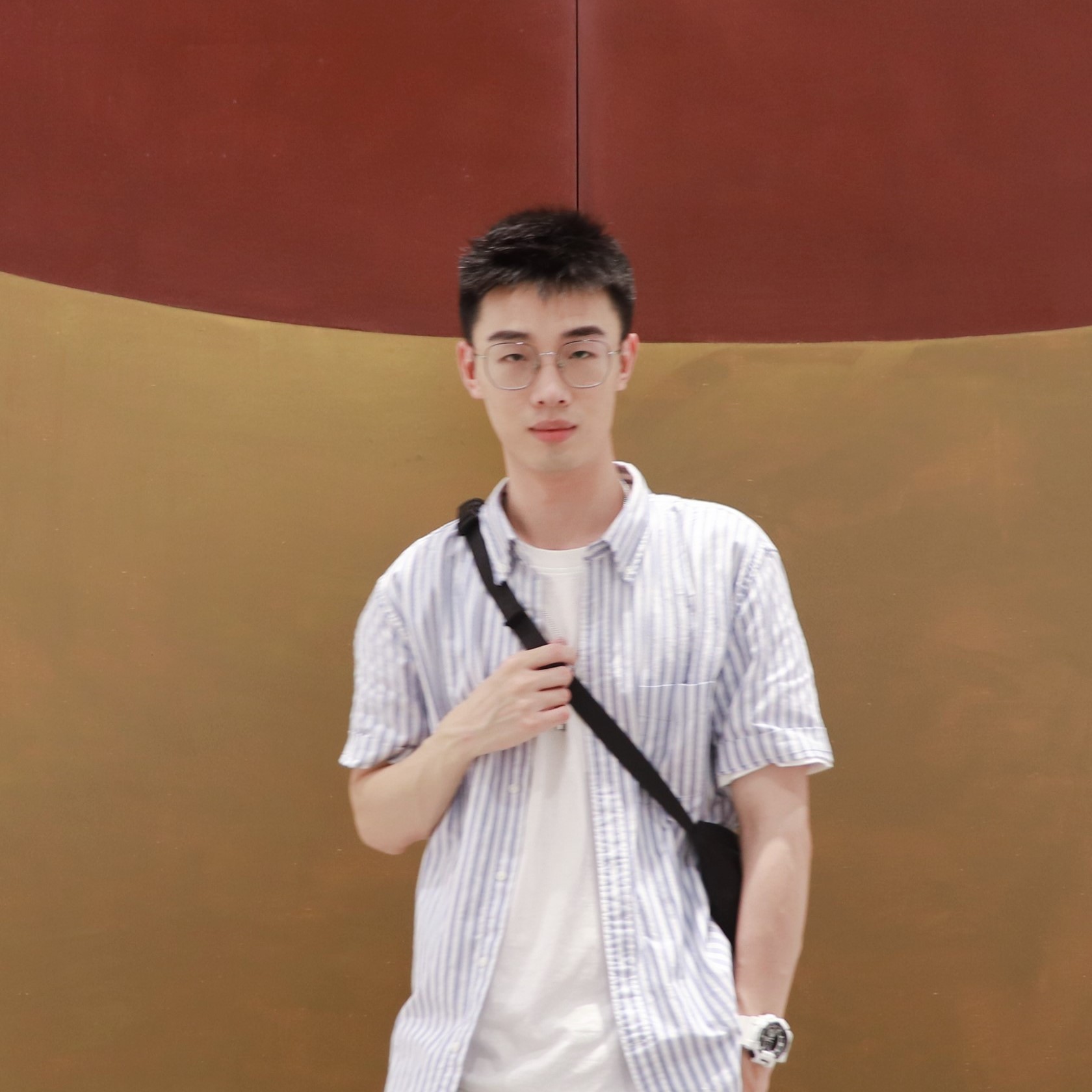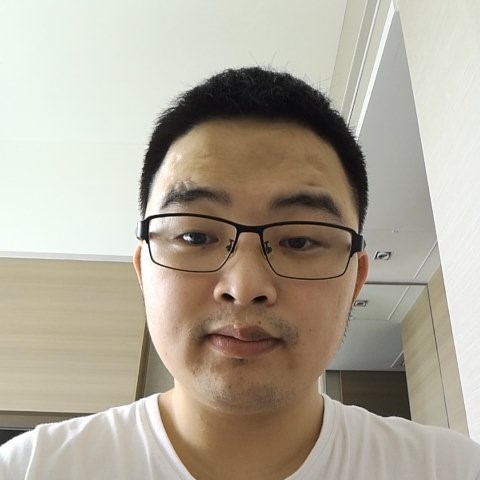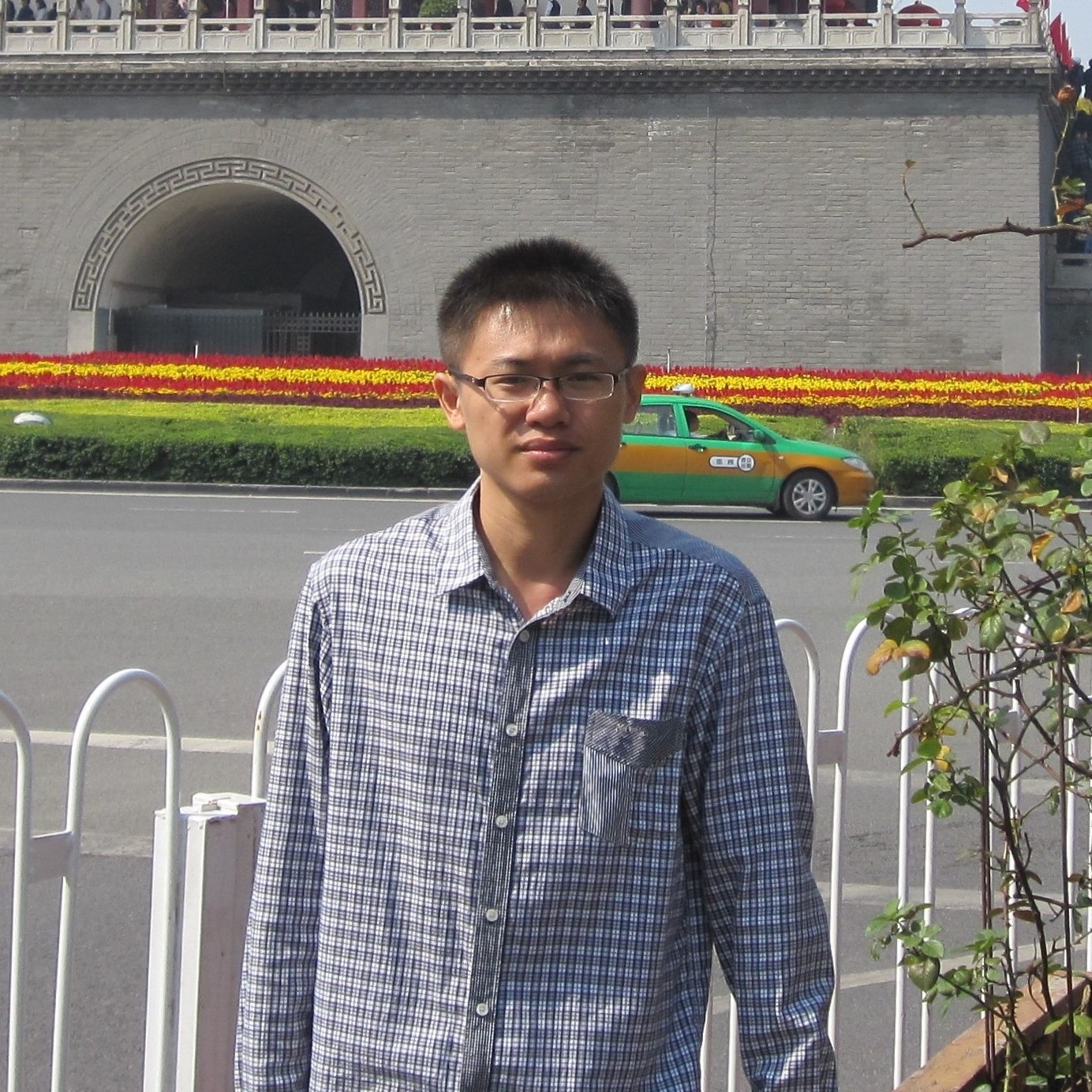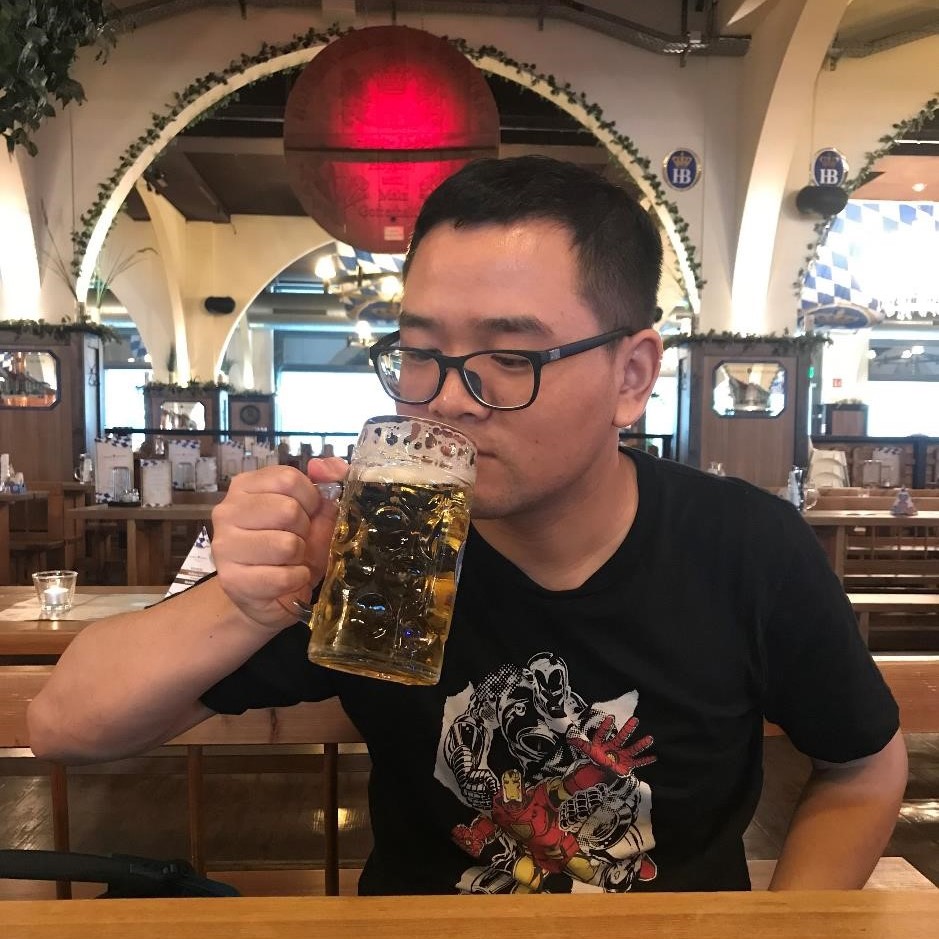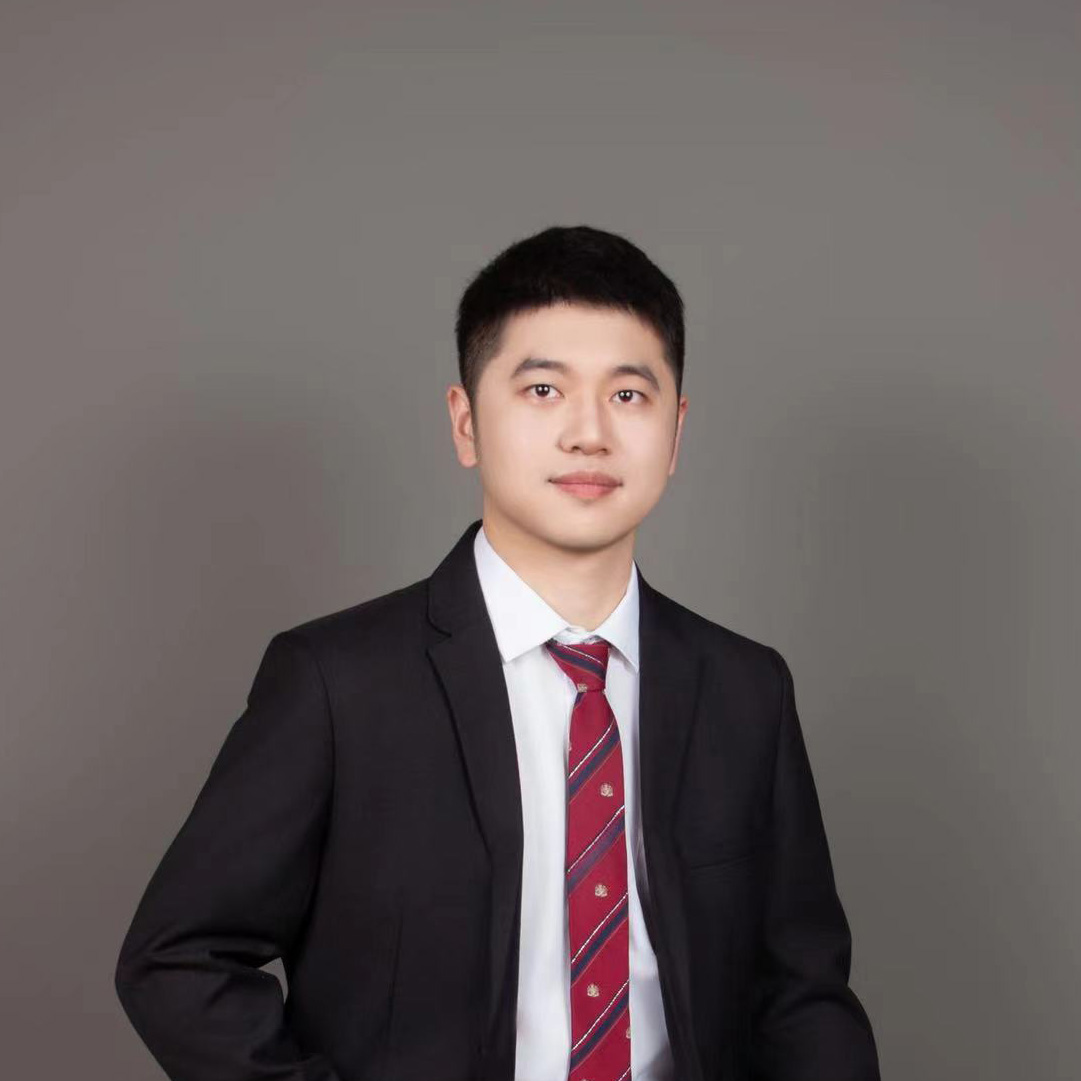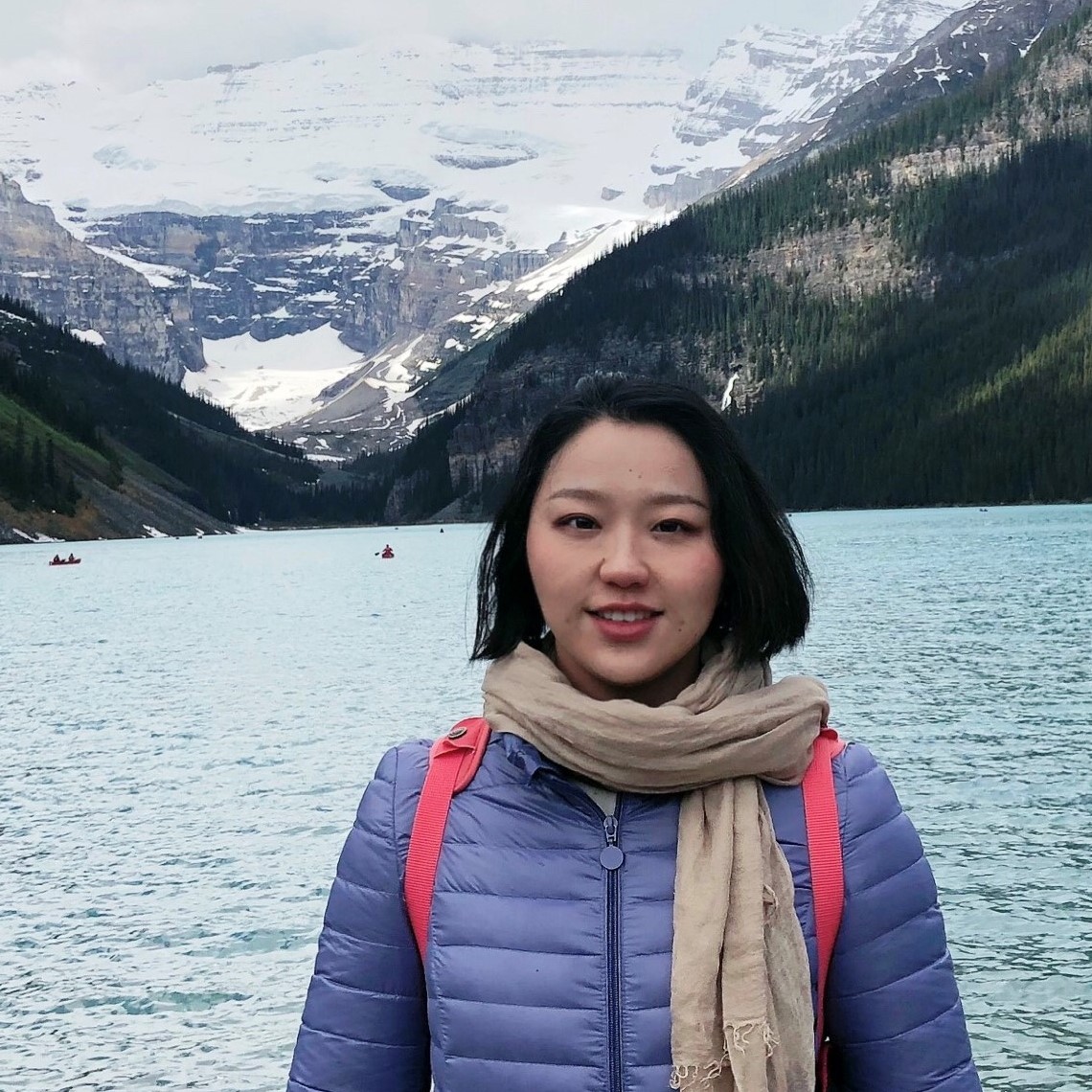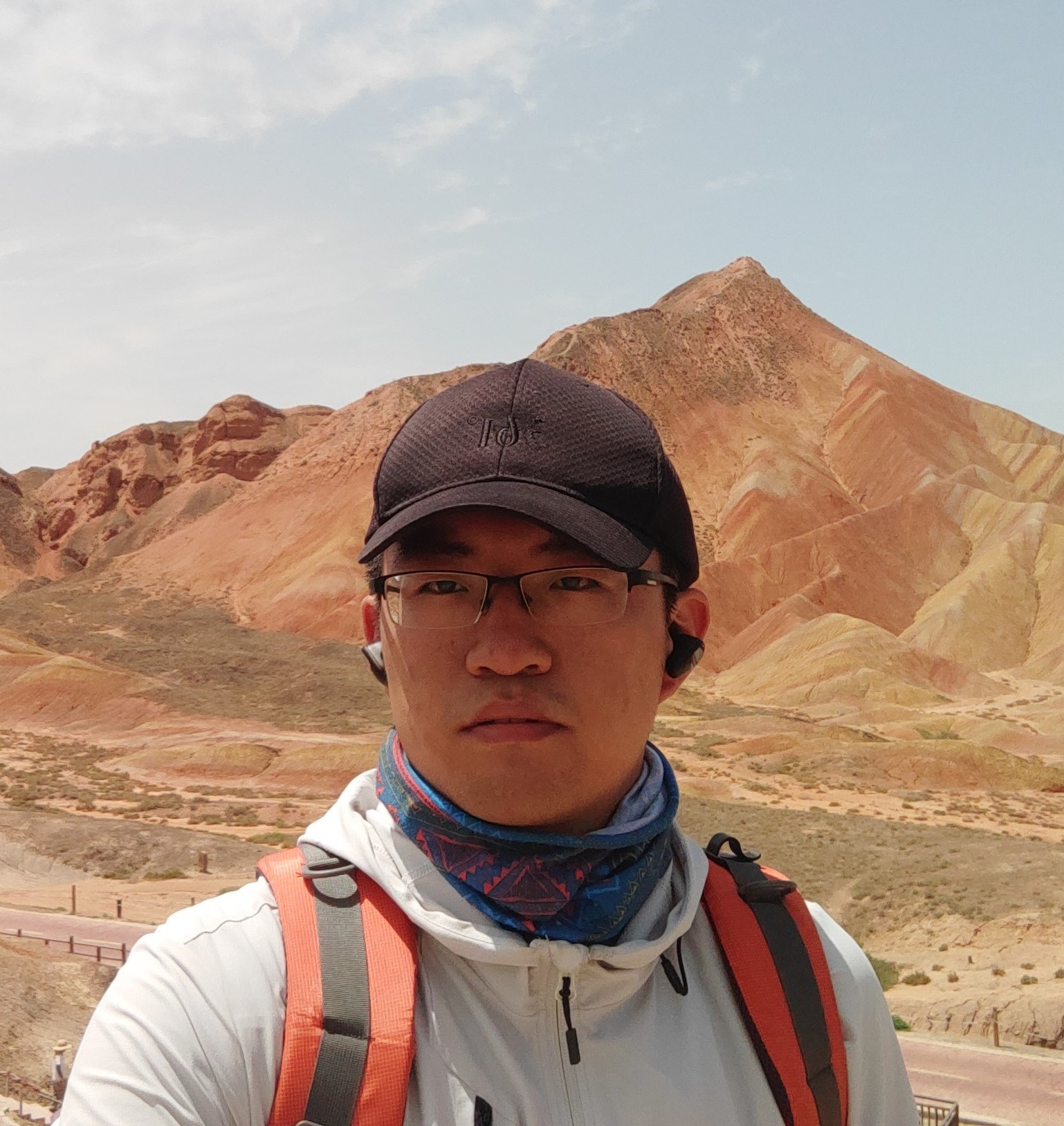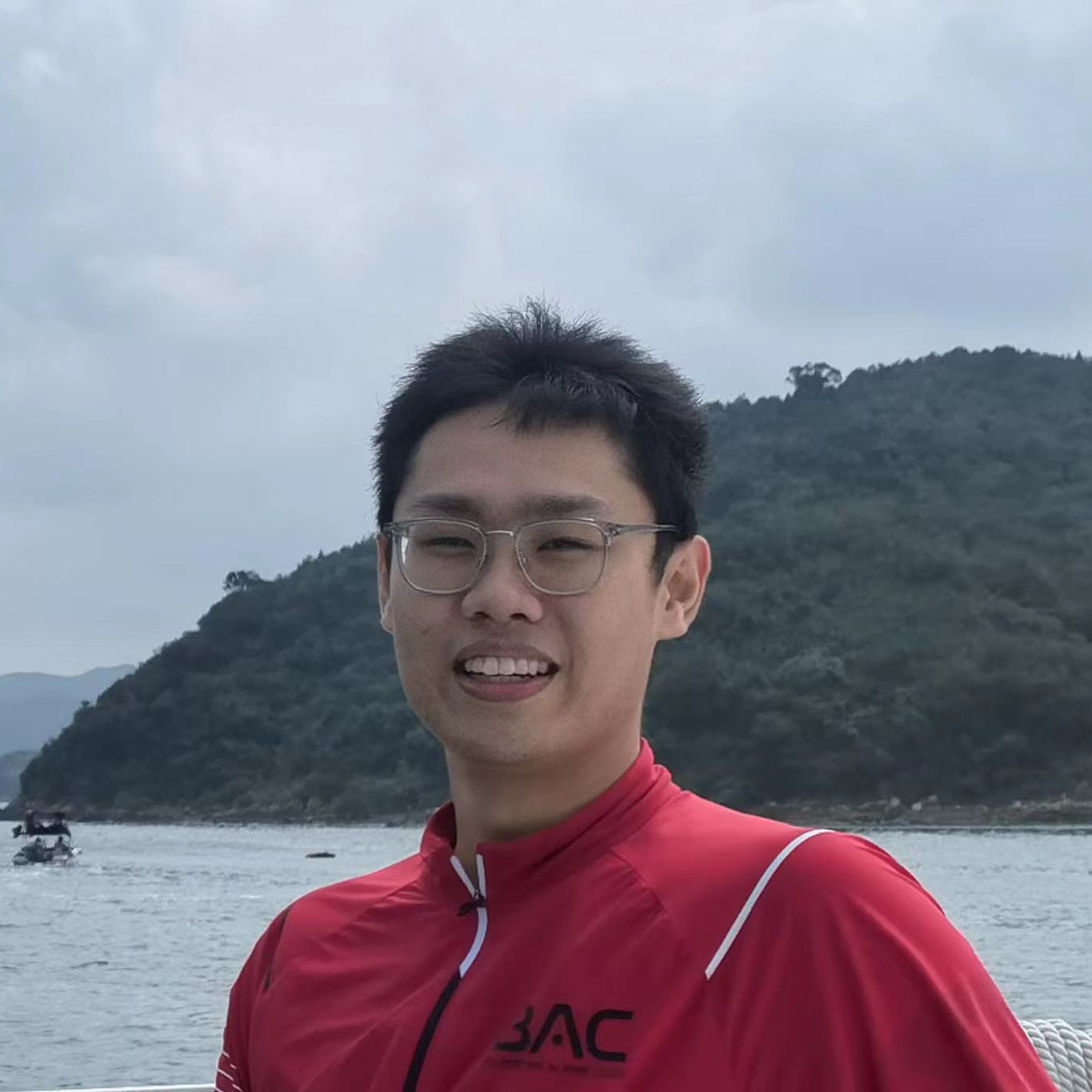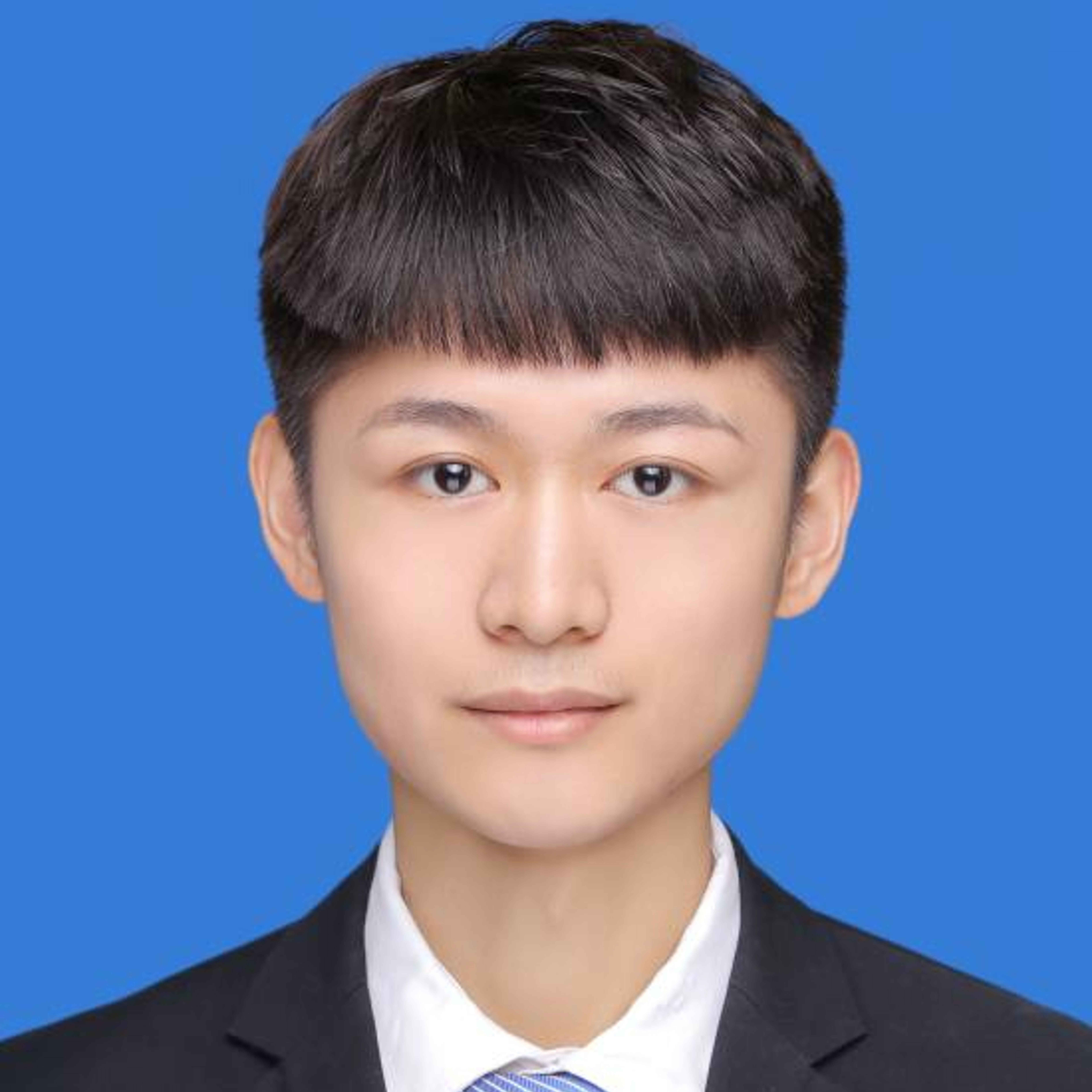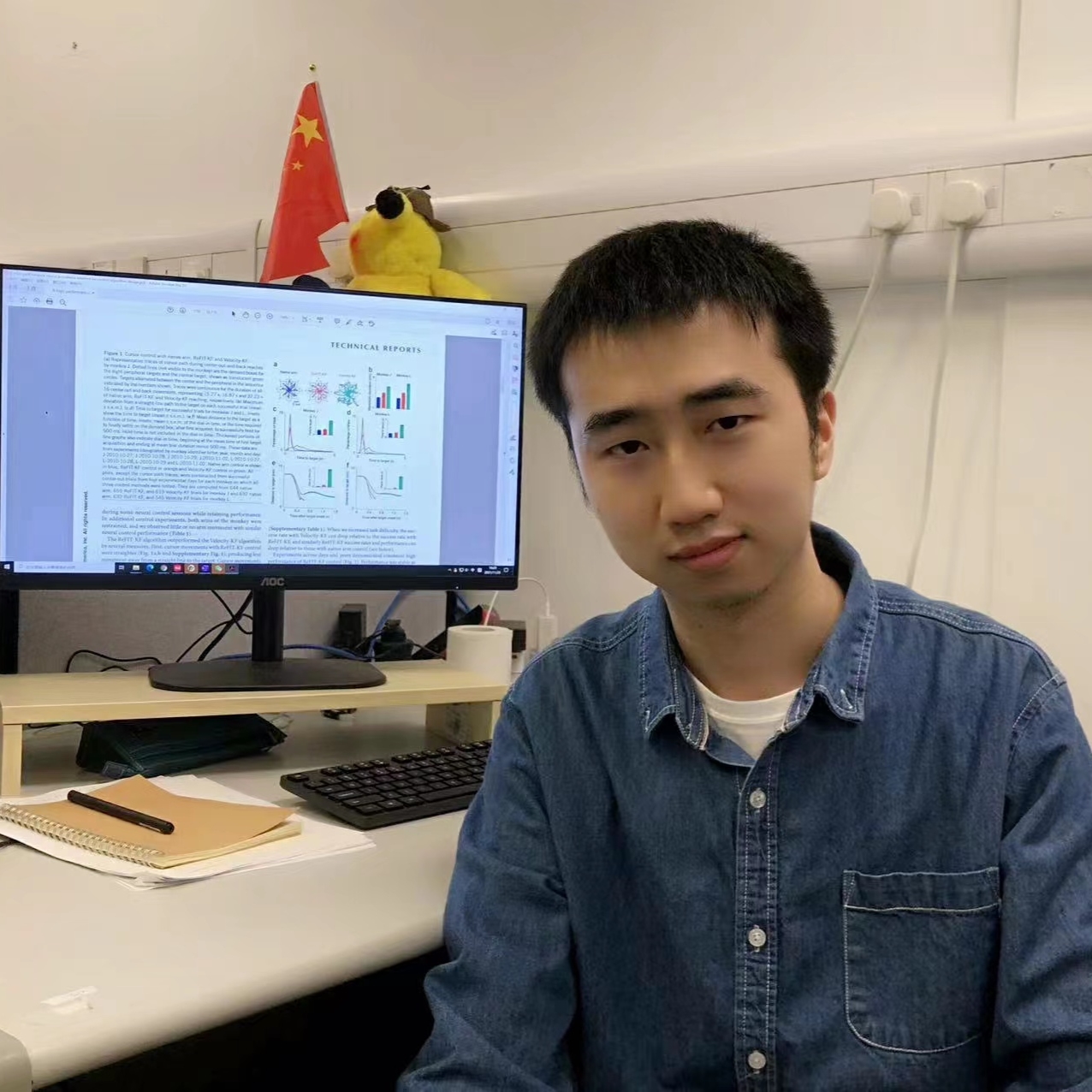Principal Investigator

Prof. Yiwen Wang
王怡雯
PhD in Electrical and Computer Engineering
Associate Professor
Department of Electronic and Computer Engineering
Department of Chemical and Biological Engineering
Hong Kong University of Science and Technology
Clear Water Bay, Kowloon, Hong Kong
Yiwen Wang received her B.S. and M.S. degrees from the University of Science and Technology of China (USTC) in Hefei, Anhui, China. She earned her Ph.D. from the University of Florida in Gainesville, FL, USA. From 2010 to 2016, she served as an associate professor at Zhejiang University in Hangzhou, China. Currently, she is an associate professor with substantiation in the Department of Electronic and Computer Engineering and the Department of Chemical and Biological Engineering at the Hong Kong University of Science and Technology.
Her research interests encompass neural decoding in brain-machine interfaces, adaptive signal processing, computational neuroscience, and neuromorphic engineering. She has served as Chair of the IEEE Engineering in Medicine and Biology Society (EMBS) Neural Engineering Technical Committee, Chair of the IEEE BRAIN Publication Subcommittee, and as a board member of the Brain-Computer Interfaces Society. Additionally, she was the Editor-in-Chief of the IEEE Brain Newsletter and is currently on the editorial board of the Journal of Neural Engineering. She also serves as an associate editor for the IEEE Transactions on Neural Systems and Rehabilitation Engineering and has previously held the position of associate editor for Frontiers in Human Neuroscience (Brain-Computer Interfaces) and the IEEE Transactions on Cognitive and Developmental Engineering. She was recognized as an IEEE EMBS Distinguished Lecturer in 2022 and received the IEEE EMBS Distinguished Service Award in 2023. She was also a keynote speaker at the IEEE Engineering in Medicine and Biology Society (EMBS) Annual Conference 2024 on the theme of NeuroEngineering. She holds two U.S. patents and has authored over 100 peer-reviewed publications.
